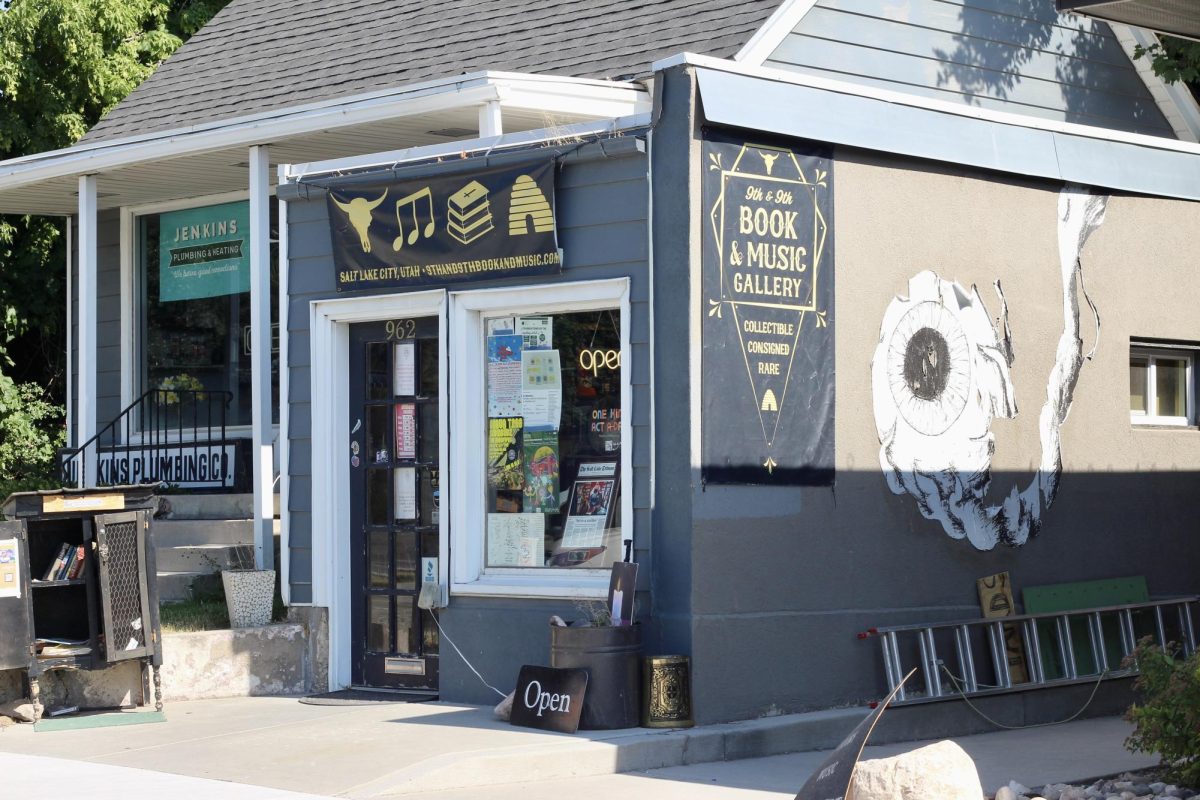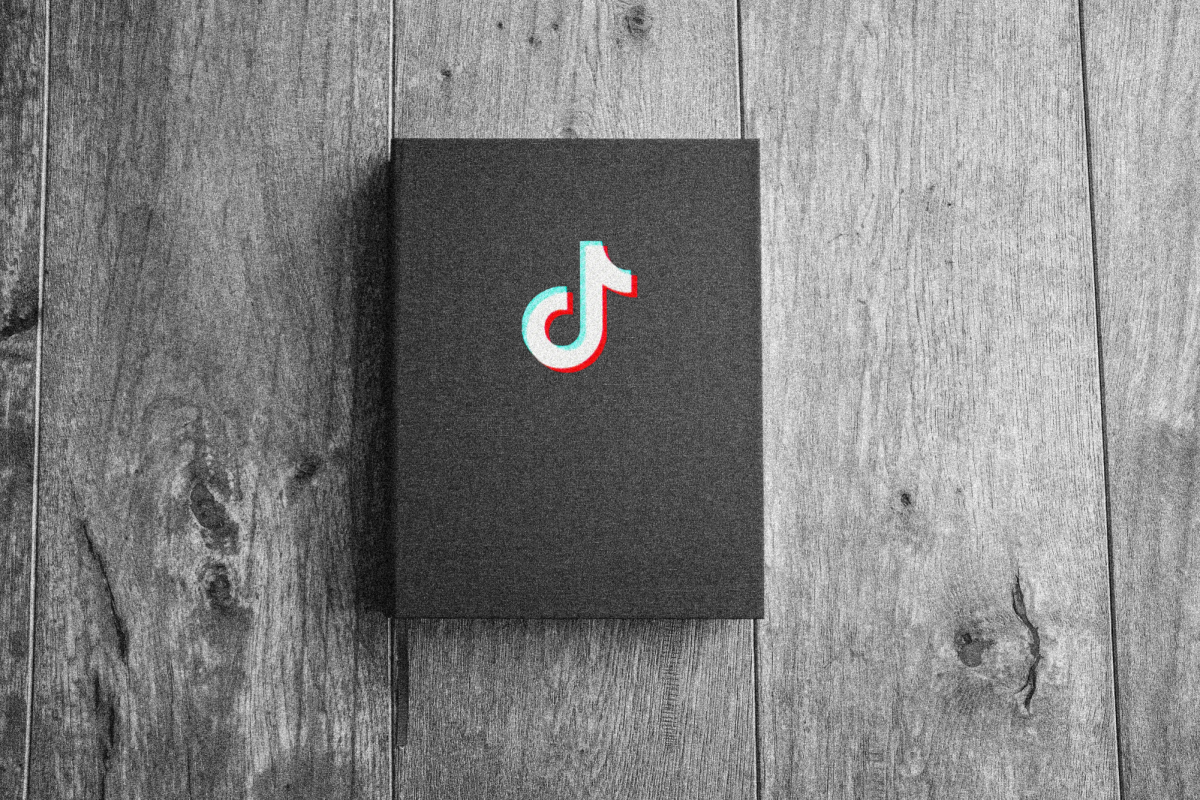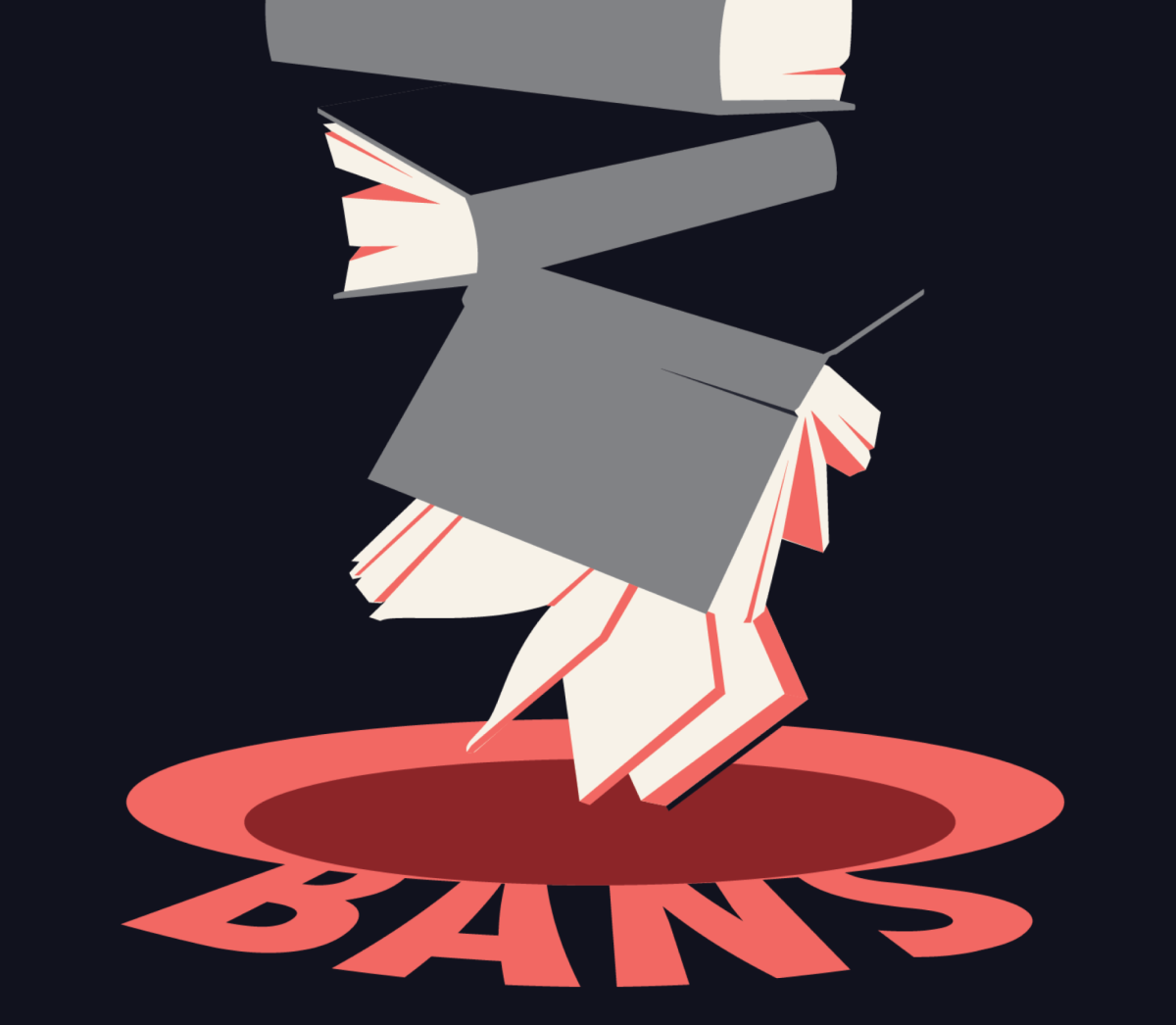In 1637 in Quincy, Massachusetts, Thomas Morton’s “New English Canaan” became the first book in the United States to become banned. Since then, book bans have become a growing issue across the country.
In states such as Texas, Florida, Virginia and Utah, governments misjudge their power when it comes to what they deem as unacceptable in books.
Why Are Books Getting Banned?
Throughout the years, book bans have increased significantly. In this past year alone, just between January and August, there has been a 20% increase in the number of books being challenged. The issue of book banning has started to concern many, especially students — who is letting book bans become more prevalent and why?
Most books that are being challenged for removal from school libraries are titles that deal with people of color or the LGBTQ+ community. Many people, most specifically parents, are complaining that these books should not be allowed in school libraries due to the fact that they are “explicit” or “inappropriate.”
In January, H.B. 464 was introduced to the Utah legislature. The bill would prohibit student access to books that contain “pornographic” or “indecent” materials.
In early September during a senate meeting, Sen. Mike Lee made a few comments on George Johnson’s book “All Boys Aren’t Blue,” a story that reflects Johnson’s experience growing up as a queer Black man. Lee called Johnson’s book “pornographic” and “obscene.”
Lee continued his remarks to the committee when he showed a video of Deborah Caldwell-Stone, director of the American Library Association’s Office for Intellectual Freedom. Caldwell-Stone attempted to discuss how to respond to comments parents are making about same-sex couples in books. Lee misconstrued Caldwell-Stone’s message and said, “There is a goal here and the goal is to sexualize children, to provide minors with sexually explicit material and then hide this content from the parents.”
The government isn’t the only entity that is trying to restrict certain books from public schools. Organizations such as Moms for Liberty and Utah Parents United are groups that are working towards strict library policies and laws on book bans.
Thankfully, these types of organizations can have their goals reversed. In June, a parent was outraged by the recent book bans in Davis County. The parent’s disapproval lead to the removal of the Bible for its inclusion of incest, onanism, bestiality, prostitution and rape. The Bible was removed from elementary and middle school libraries; however, it was returned after another school board vote.
Censoring Curiosity and Culture
With several states, organizations and parents trying to censor and limit books, many don’t realize the effect that book bans can have on students. Restricting books from children limits their curiosity. Children are more likely to finish a book that they chose themselves. Children who choose their own books also gain insight on stories or scenarios that they feel personally connected to. Many books help guide children in feeling comfortable in their sexuality, race, gender and culture. These stories and books help children feel validated for who they are. This can shape them to become the person they want to be.
On my personal Instagram, I asked University of Utah students for their thoughts on book bans. One student wrote, “no book banning, separation of church and state,” while another wrote, “allowing a child to read what they want has statistically been proven to empathize better with the main character of the book who could be a different race, gender, sex and religion.” Many students agree that books shouldn’t be restricted by anyone.
The concerns of parents and what type of books their children can access is valid. If a parent is concerned that the topic is heavy or not appropriate for the age they are, they have the right to choose what is best for their child. However, what becomes a problem for book restrictions is when parents or the government start deciding what books are and aren’t allowed for other families and students.
Limiting other students’ and families’ access to books is limiting a world of curiosity and culture that many have yet to discover. Having groups of parents or governments enable books is unfair. Ultimately it will cause more harm than good in a child’s education and personal growth.



















